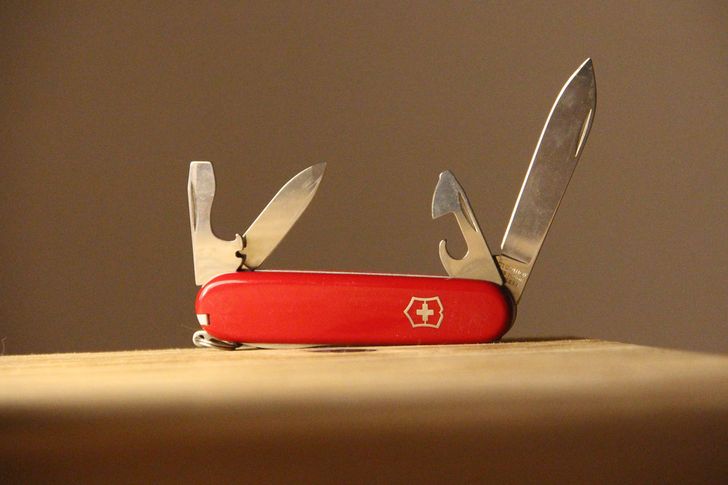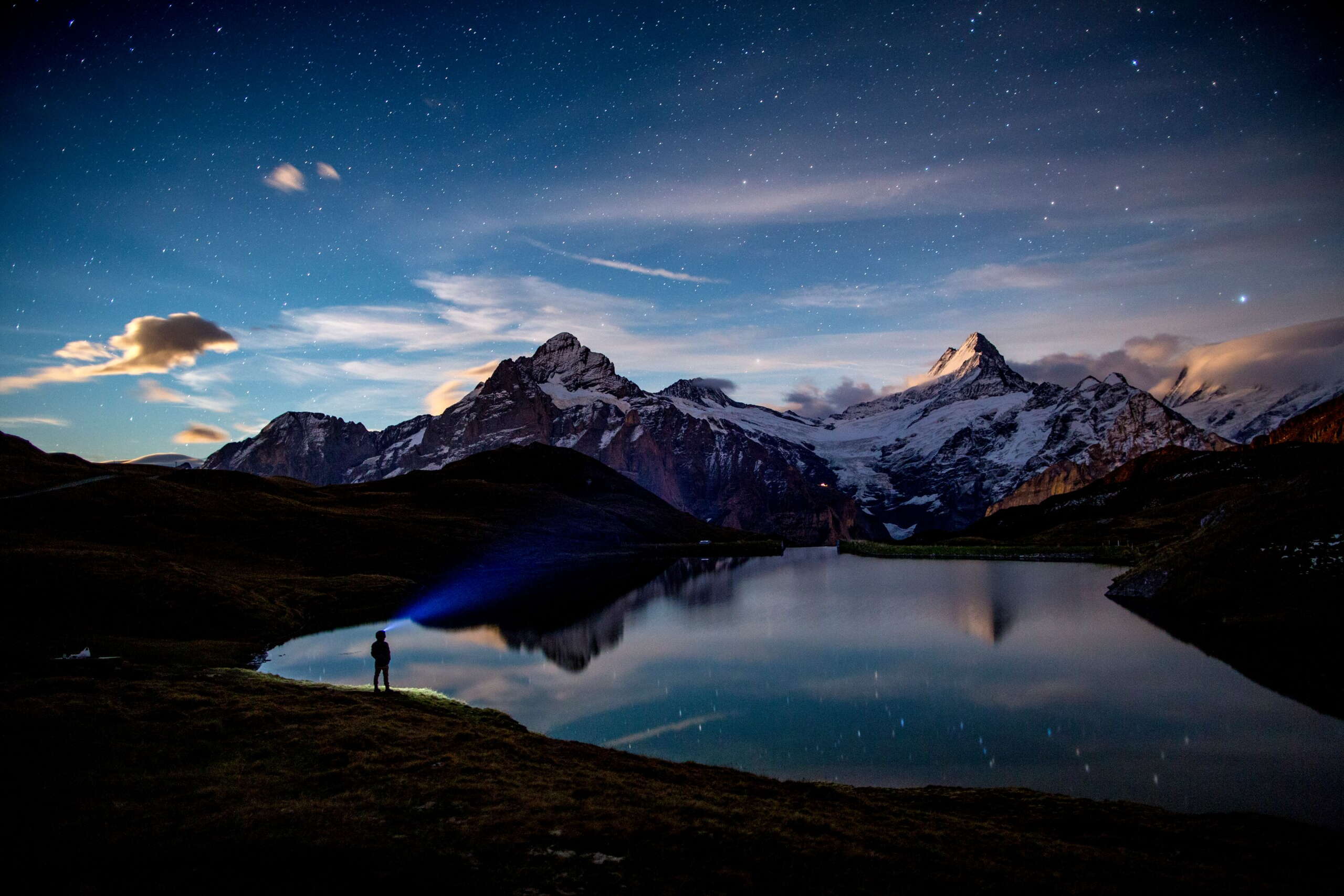Blogbuster
The Swiss dialect
It's no secret that German is a very difficult language. So far, so good. But Swiss German is probably even more difficult. There isn't just one Swiss German - every single canton, often even every little village, has its own dialect. So if you learn Swiss German (i.e. "Züri-Dütsch") in Zurich, you will probably have difficulty understanding someone who grew up in Grindelwald. We have picked out some common but also funny words for you.
Anyone who has ever visited Switzerland will know that "Hallo" is the first problem. From "Grüezi" and "Grüessech" to "Sali" and "Tschou" - none of them are wrong, depending on where you are in Switzerland. If you're visiting the Jungfrau Region or are anywhere else in the canton of Bern, "Grüessech" is the right way to go.
Switzerland is a very clean country, which is why people everywhere are asked to take their rubbish home with them or dispose of it in the "Gischter" - the rubbish bin. Not to be confused with "geschter", which means "yesterday".
During small talk, someone might ask you what your plans are for "hine". This usually means "tonight", but occasionally people also talk about yesterday evening.
If you're cooking a fondue, don't forget a pinch of "Mutschgetnuss" (nutmeg).
"Aaber". Anyone who speaks German knows the word "aber". However, this second "a" makes quite a big difference. "Aaber" is not a contradiction, it is the Swiss-German word for "snow-free".

When picnicking, don't forget your "Hegel", probably the most famous Swiss invention: the pocket knife.
These are just a few words that might come up in a conversation. Fortunately, you don't have to memorise everything, most Swiss people speak High German and English - and are happy to help out with translations if asked nicely.
Here are a few funny expressions:
- "rüssen" = snore
- "Riitigampfi" = swing
- "Gluggsi" = hiccups
- "Z'mondrischt" = the next day
- "Pfiffoltera" = butterfly
Dear Swiss, we know that with so many dialects it is impossible to list only words that everyone uses in the same way. Even within the Jungfrau Region there are different words for individual terms. So please don't be angry with us if we have used a word differently than you would have.





